A family venue, late tracks and angry letters now share the stage.
What began as a row over volume has spiralled into a licensing war with lawyers, technical reports and wounded pride. A restaurant argues for its sound and its survival. Residents say enough is enough. Councillors and police sit between them, weighing evidence and tempers.
A row over music becomes a legal skirmish
Pierluigi’s, a family-run Italian on Beckenham High Street, faces months of scrutiny over its premises licence after repeated noise complaints. Bromley Council pressed for lower music levels in March. The restaurant says its weekend “vibe dining” model needs a DJ. Two fresh licence applications followed. A panel rejected the first in August, citing public nuisance.
The venue has now challenged that decision. Its lawyers allege legal misdirection, factual errors and undue reliance on hearsay during the August hearing. A technical report commissioned by the business claims it is extremely unlikely that music from the premises would disturb homes on nearby Kelsey Park Road.
Two neighbours, two letters
After August’s refusal, the dispute hardened. The restaurant’s solicitor sent cease and desist letters to two Kelsey Park Road residents who testified about weekend noise. The letters accused them of defamation, misrepresentation and malicious falsehood. They warned against repeating the allegations and signalled a possible claim for damages if they did.
Legal letters landed after testimony at a licensing hearing, triggering a fresh row over whether witnesses felt chilled from speaking.
At a new hearing on 20 October, the council’s silk, Gerald Gouriet KC, condemned the letters as threats and scare tactics. One recipient, Peter Hopkins, described the letter as a very upsetting legal attack. He told councillors he had been disturbed 15 to 20 times this year by music from the High Street. He said only once did he find the source was not Pierluigi’s. He added that recent months had been quieter.
‘Defend yourself if people lie’, says director
Pierluigi’s director, Sofia Figuera Martin, defended the decision to send the letters. She said residents must come forward truthfully and that she will use lawful means to correct false claims made in public hearings. She said she faces constant personal attacks and rejects any suggestion she is unfit to hold a licence.
Her counsel argued the August session contained material errors. He said two residents altered where they said they lived during the meeting and misled the panel. The business points to acoustic modelling that they say undercuts the weekend disturbance claims.
The venue is appealing the August refusal, citing legal errors and evidence it says shows noise from the site should not carry into homes.
New measures: cash, cameras and closing shutters
The restaurant says it has moved to meet concerns raised by police, council officers and neighbours. It has promised operational changes and investment intended to cut noise and improve safety.
- Acoustic shutters costing £40,000, programmed to lower at 11pm to limit sound escape.
- 12 CCTV cameras covering the interior, with footage kept for investigative requests.
- Welfare and Vulnerability Engagement (WAVE) training completed by staff.
- Regular contact with nearby residents and open-door conversations on weekend operations.
- Music management plans and a focus on lowering bass levels late at night.
The WAVE training followed a reported sexual assault at the venue on 22 June. The complainant later withdrew, and police are not pursuing charges. Even so, a previous panel said police video evidence showed a lack of responsible management around that incident, which counted against the latest licence bid. The venue disputes that characterisation.
What the data says, what residents say
Pierluigi’s says complaints from homes closest to the site fell sharply over the summer. They present this as proof that changes have started to work. Residents on Kelsey Park Road remain vocal. Hopkins says he logged 15 to 20 disturbances this year. He walked the streets each time to trace the source. Only once, he said, was the noise not from Pierluigi’s.
Neighbour evidence points to regular weekend disturbance earlier in the year, with some relief more recently as measures bed in.
Timeline of a licensing fight
| Date | Event |
|---|---|
| March 2025 | Council tells Pierluigi’s to turn music down after repeated noise complaints. |
| 22 June 2025 | Alleged sexual assault reported; complainant later withdraws; no charges pursued. |
| August 2025 | First fresh licence bid refused; panel cites public nuisance and management concerns. |
| Late August 2025 | Restaurant announces appeal; cease and desist letters sent to two residents. |
| 20 October 2025 | Second application heard; legal letters and mitigation steps scrutinised in public. |
What happens next
An appeal can go to the magistrates’ court, where the judge will consider evidence afresh. Outcomes range from upholding the refusal to imposing conditions that balance trade and peace for neighbours. Conditions might include earlier last entry, stricter bass limits, door staff after set times, or a cap on DJ sessions.
For now, the shutters are being installed. Staff training has been logged. The October hearing reviewed the package. The panel will weigh whether the changes curb the nuisance risk and whether management meets the licensing objectives.
Noise, licences and your rights
England’s licensing framework turns on four objectives: preventing crime and disorder, securing public safety, preventing public nuisance and protecting children. Councils can review or refuse licences if premises undermine those aims. Operators can appeal. Residents can submit representations if they are likely to be affected.
Noise cases hinge on patterns. Frequency matters. So do hours, tone and bass. Bass carries further and penetrates homes more easily. Evidence helps. Short logs, smartphone decibel snapshots and recordings at the same point in your home build a picture. Officers also consider whether windows were shut, and whether comparable venues were operating at the time.
- Keep a diary: date, time, duration, source if known, and impact on sleep or work.
- Record from the same spot indoors with windows shut to show real-world disruption.
- Note when the noise stops; panels look for operator response times.
- Avoid exaggeration; credibility weighs heavily in hearings.
Legal letters and public debate
Cease and desist letters sit at the line between reputation and public testimony. Lawyers say they deter false statements. Critics say they risk chilling witnesses. Panels cannot police defamation, but they may view attempts to silence participants as relevant to management culture and transparency.
Speak up, but stick to facts you can back up. Venues should challenge claims in the hearing room, not by intimidating residents.
Practical takeaways for venues and neighbours
Venues can run late-night music responsibly with early investment and clear controls. Bass filters, timed shutters, frequent perimeter checks and a visible manager on duty help. A short walk-around every 30 minutes catches spillover before it triggers a complaint. Publishing a contact number for duty managers defuses tension quickly.
Neighbours gain from simple steps. Close internal doors to bedrooms. Log disruptions consistently. Speak to the operator early. Many disputes resolve with small tweaks: turning speakers inwards, relocating a DJ booth, or dropping sub-bass after 10.30pm. Formal action should come once dialogue fails or patterns persist.
For Pierluigi’s, the next few weeks will test whether £40,000 shutters, 12 cameras and new training can calm a street that wants both dinner and sleep. The panel will decide if that balance now looks achievable, and a magistrate may yet have the last word.
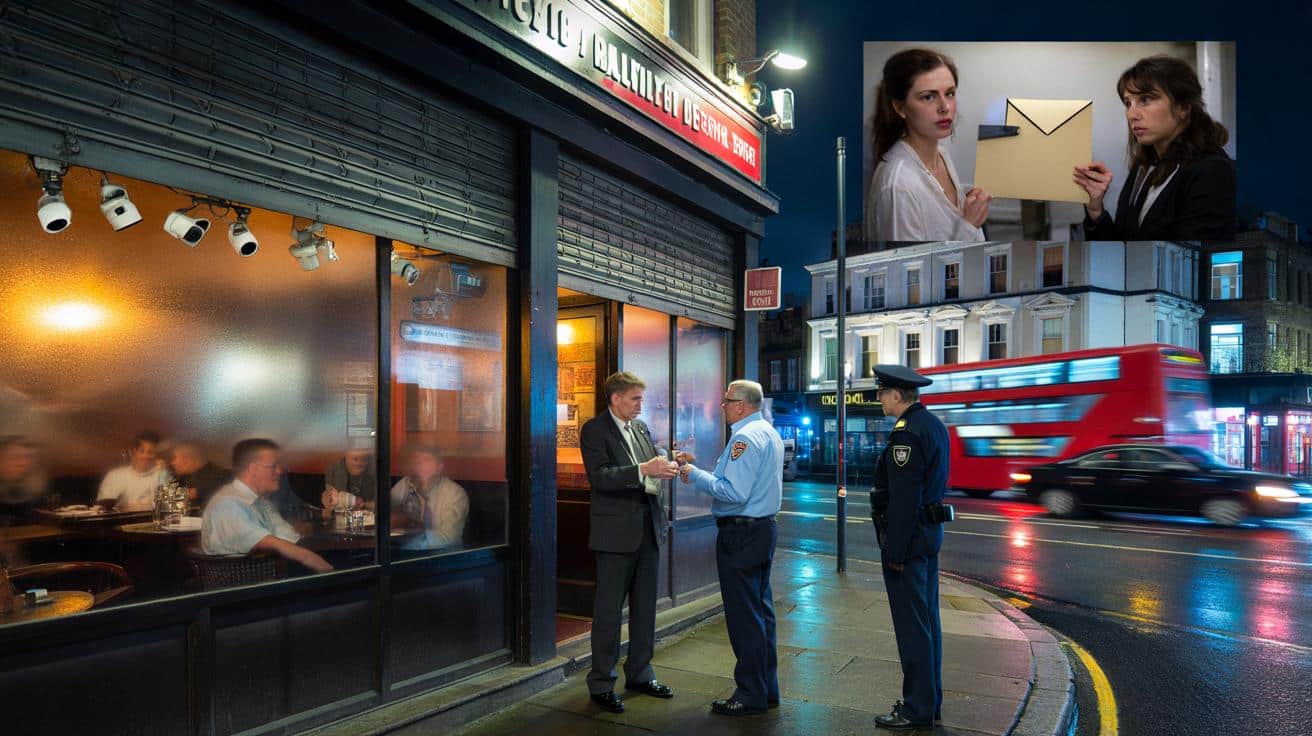
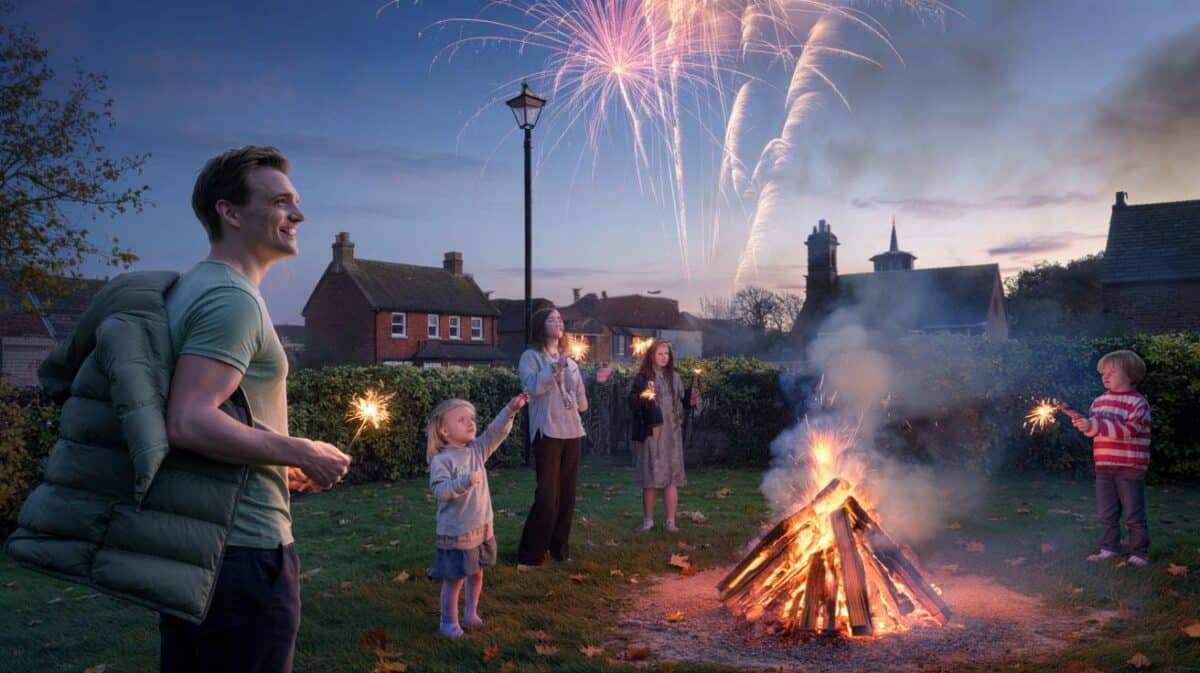
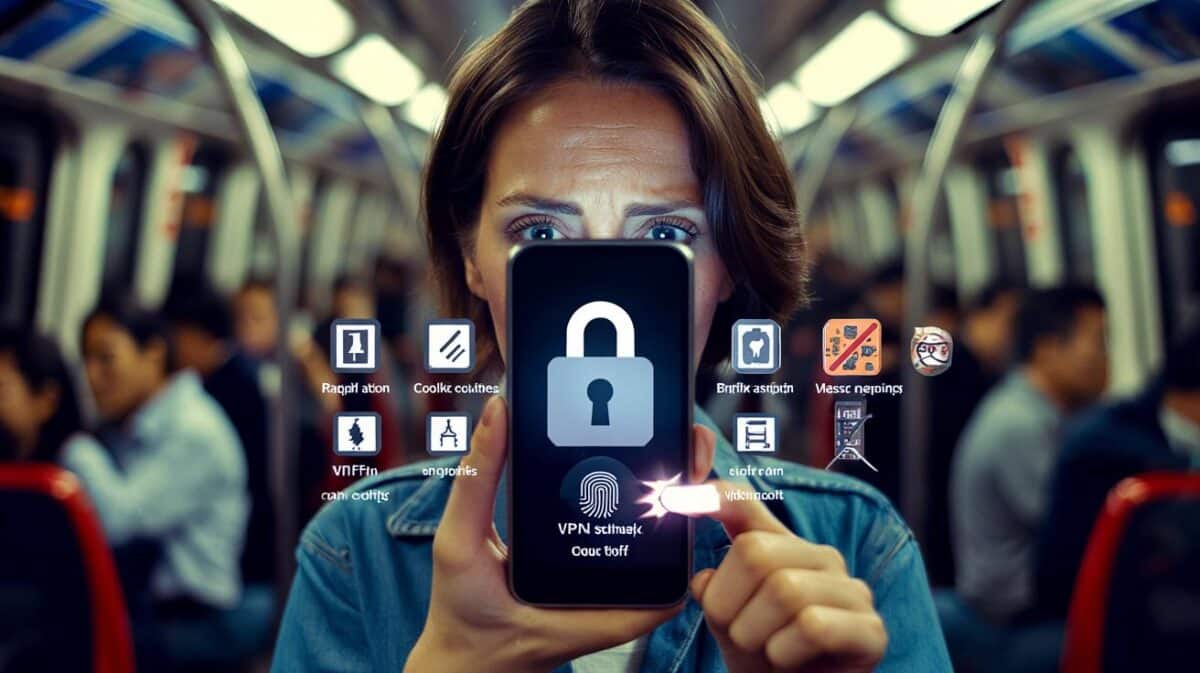

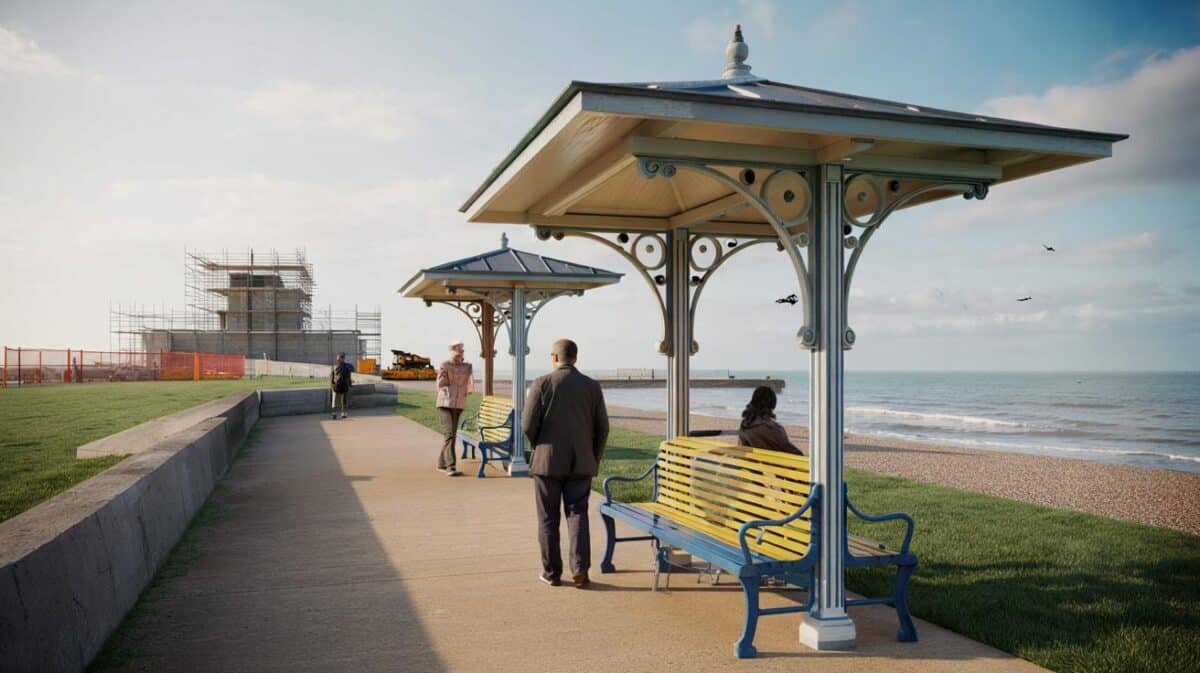

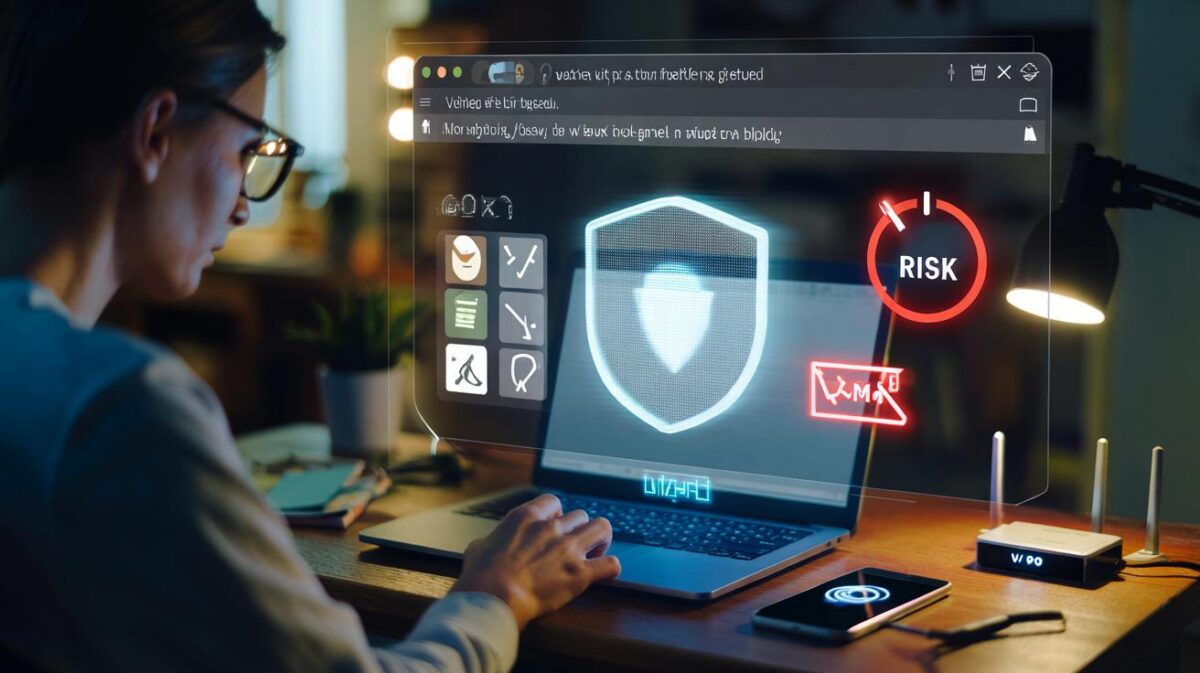
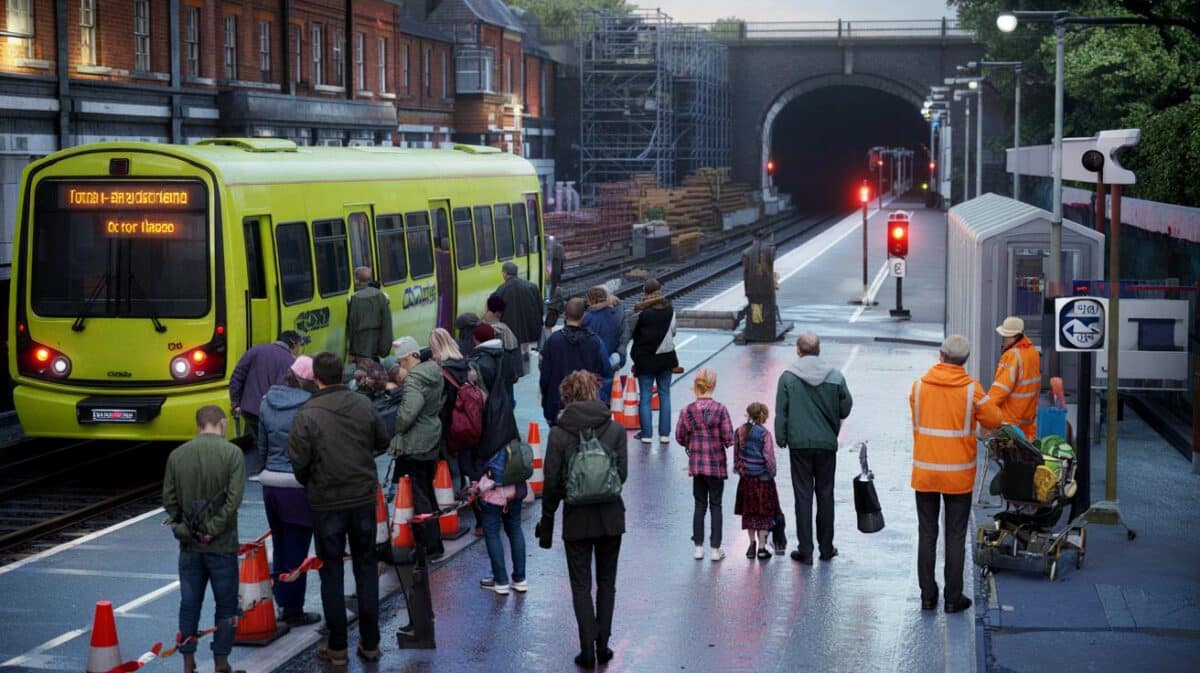

Is sending cease-and-desist letters to residents who testified really appropriate in a licencing dispute? It feels like it could chill public participation. Wouldn’t it be better to contest the claims inside the hearing process?